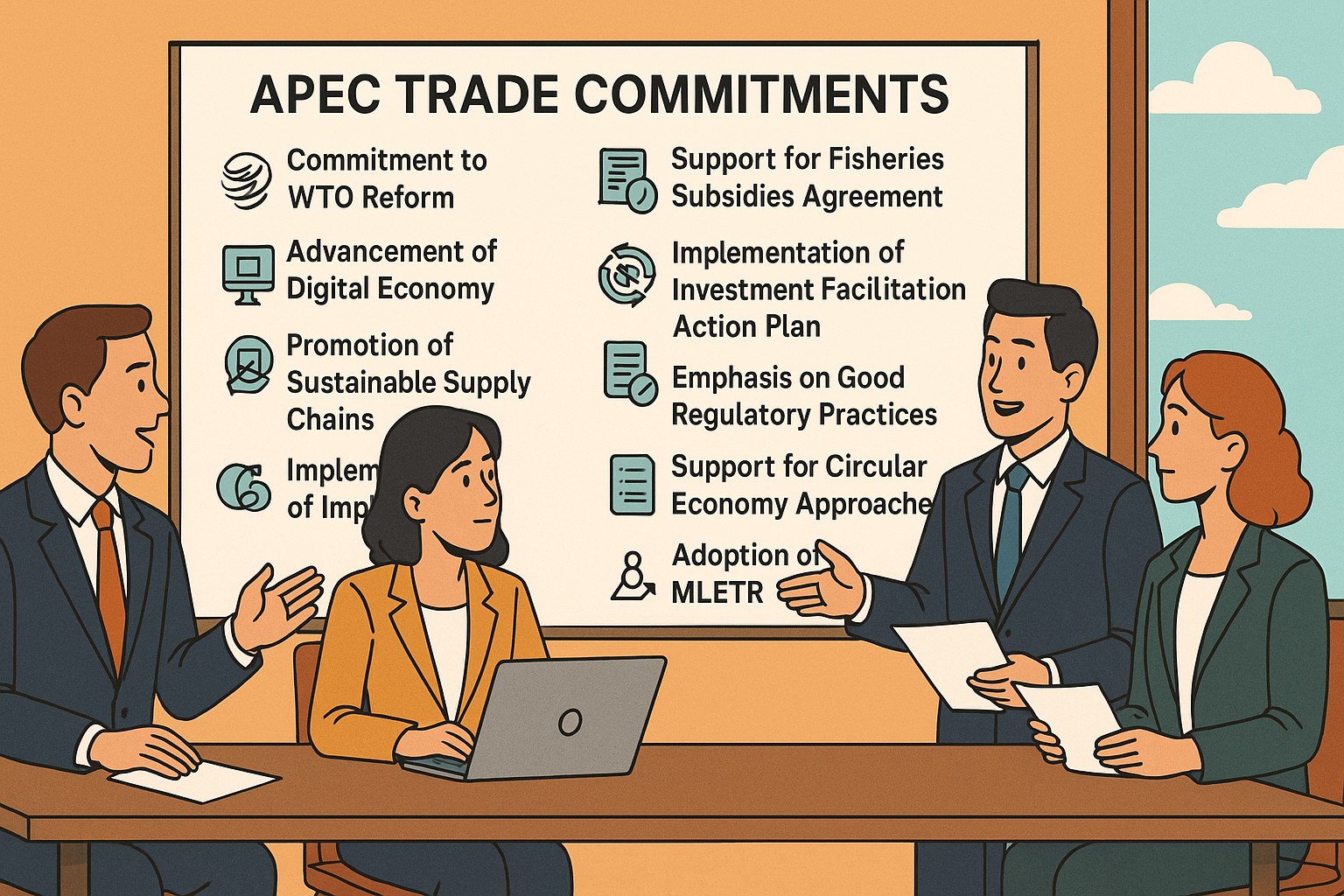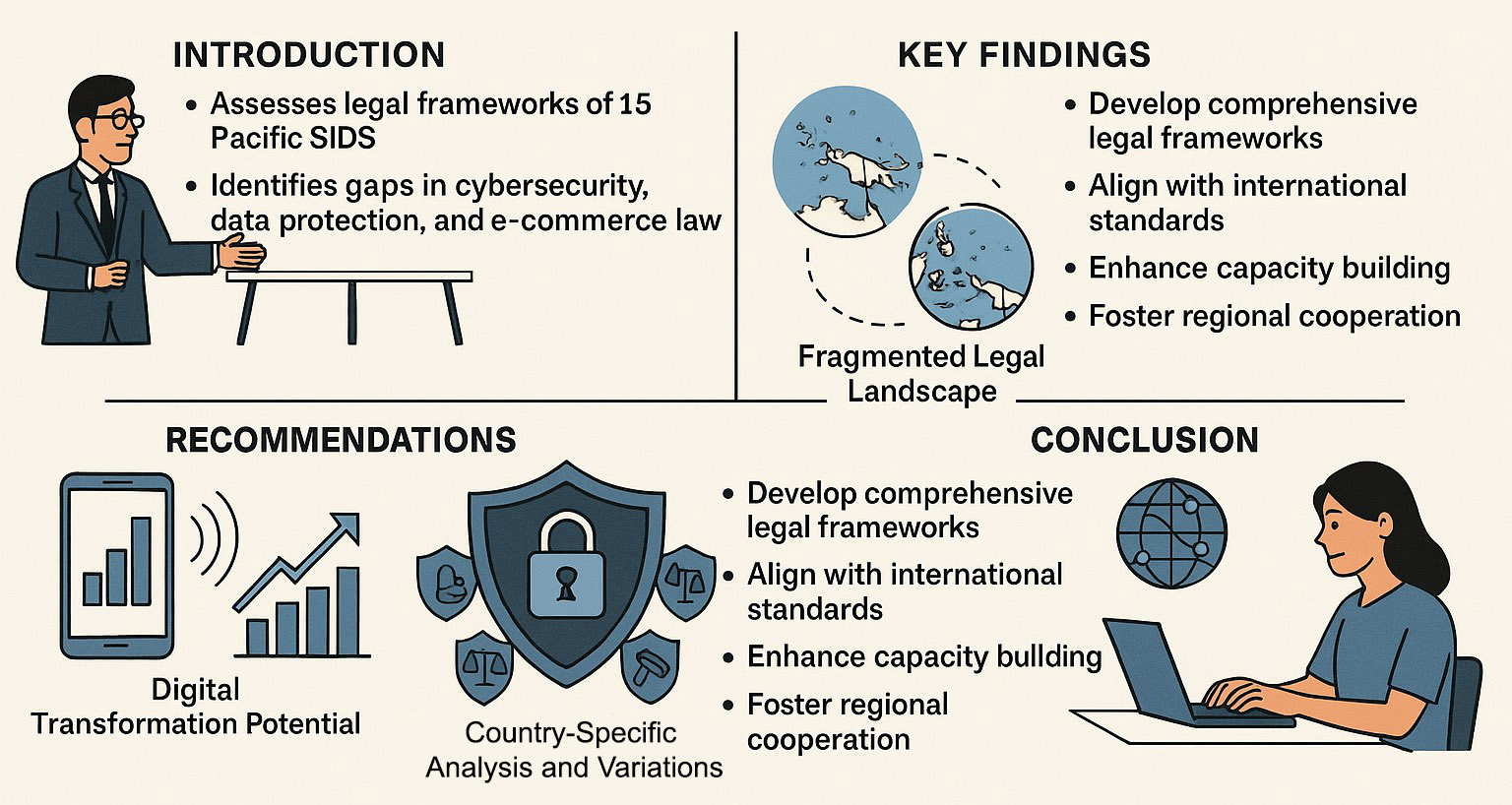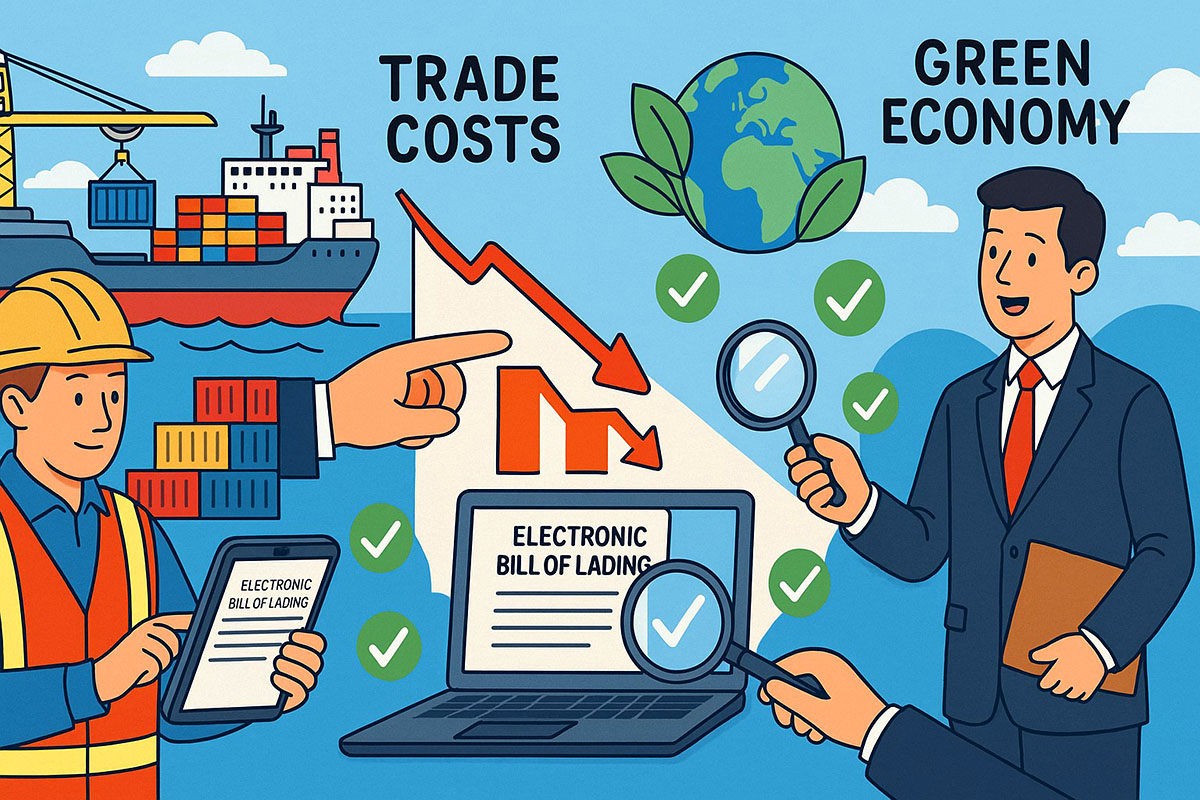MLETR
-
India’s Landmark Maritime Overhaul: Understanding the Merchant Shipping Act, 2025
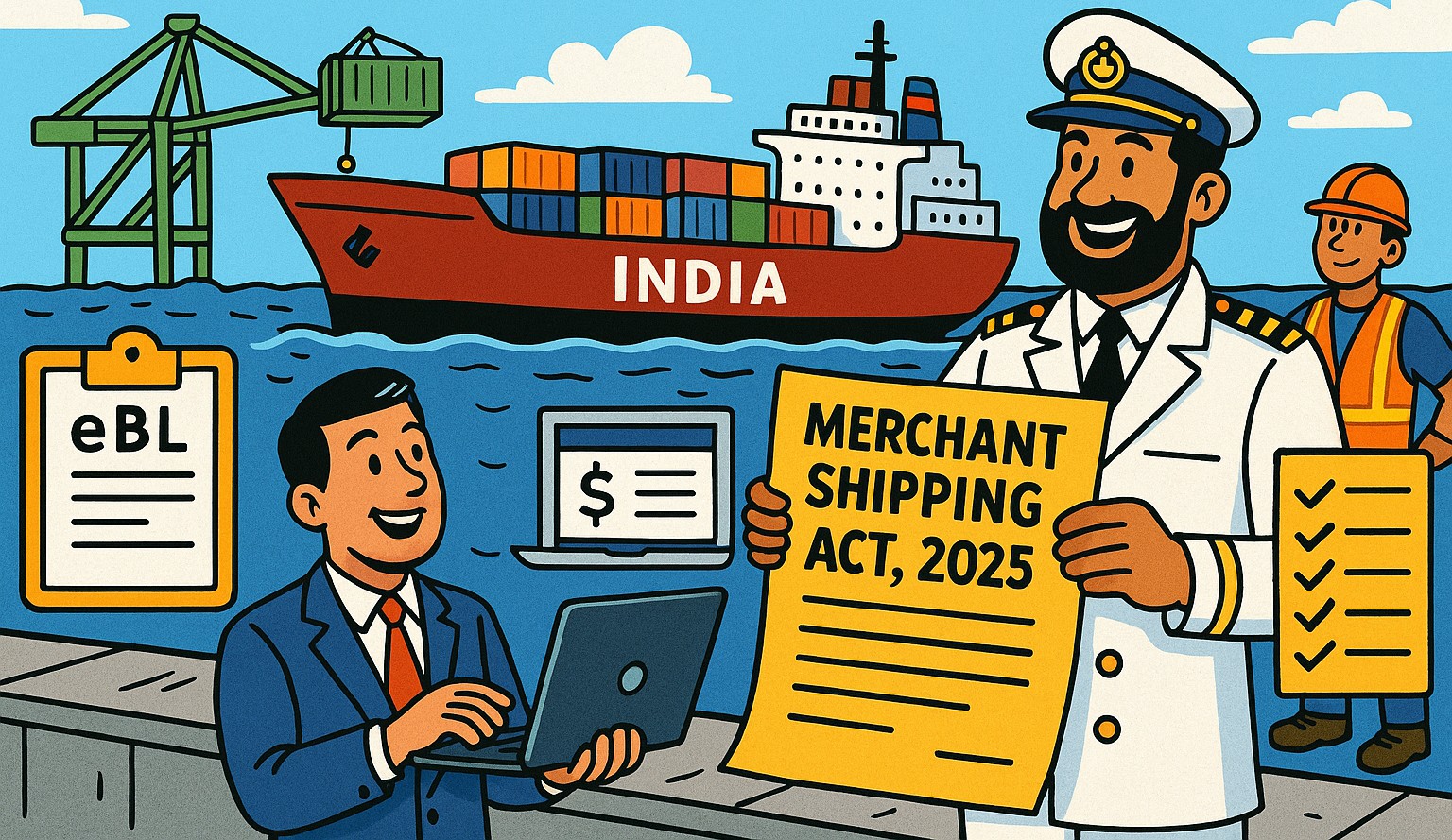
India has entered a new era of maritime governance with the enactment of the Merchant Shipping Act, 2025, which received the assent of the President on 18 August 2025. This legislation marks a turning point for the country’s shipping and trade sectors, as it replaces the Merchant Shipping Act of 1958, a law that had Read more
-
France Becomes First European Union Country to Fully Embrace Digital Trade Instruments

Paris, August 14, 2025 – France has taken a historic leap into the digital age of global trade. With the publication of Decree No. 2025-811 in the Journal Officiel, the country has fully transposed the UNCITRAL Model Law on Electronic Transferable Records (MLETR) into its national legal framework. The reform, long awaited by the trade Read more
-
Dutch Government Introduces MLETR-Lite Digital Trade Bill to Recognise Electronic Bills of Lading
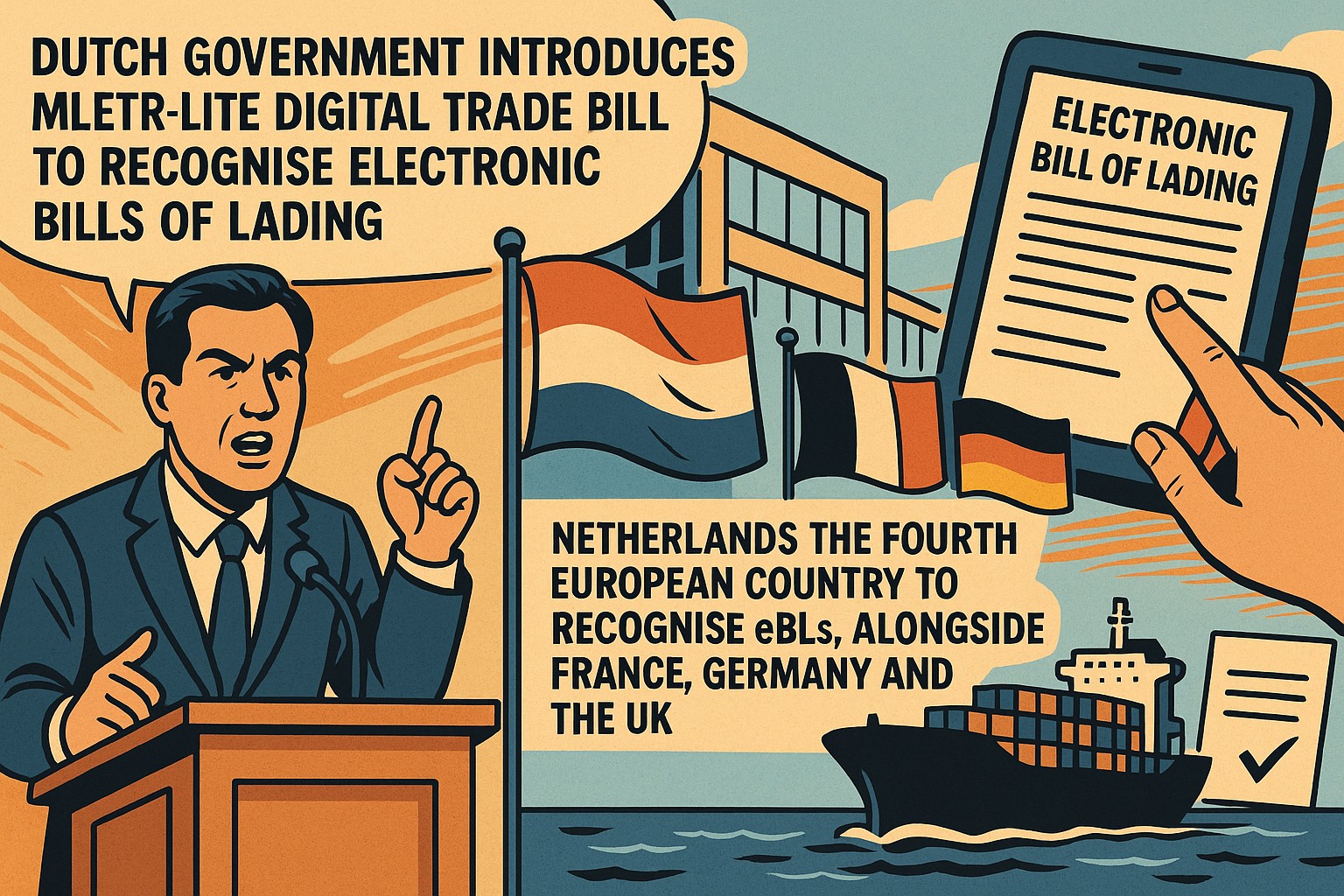
In a significant move towards the digitalisation of trade, the Dutch government has introduced a draft bill in the lower house of parliament to grant electronic bills of lading (eBLs) the same legal status as their paper counterparts. This initiative positions the Netherlands as the fourth European country—following France, Germany, and the UK—to formally recognise Read more
-
The 2025 APEC Ministers Responsible for Trade Meeting concluded in Jeju, Republic of Korea, on May 16, 2025, with a joint statement outlining significant decisions aimed at fostering regional economic resilience and cooperation. Key Decisions: These decisions reflect APEC’s commitment to addressing contemporary trade issues, fostering new ideas, facilitating economic growth, and building momentum toward Read more
-
Digital Economy Agreements in Asia and the Pacific: Strategic Insights and Emerging Trends
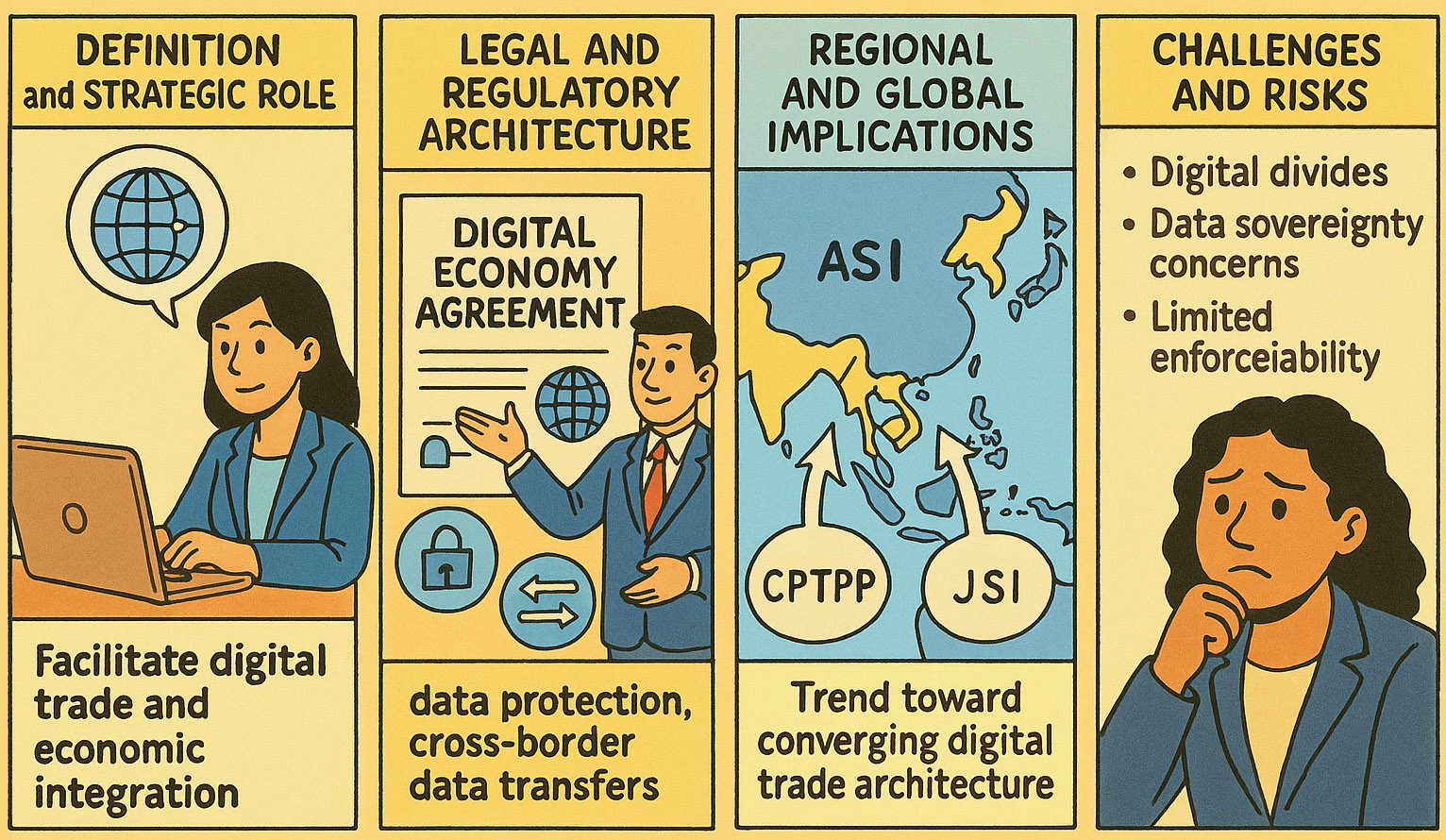
The Asian Development Bank (ADB) publication “Digital Economy Agreements in Asia and the Pacific” explores how countries across the region are navigating the rapid transformation of trade in the digital era. Digital Economy Agreements (DEAs) are becoming critical frameworks for fostering cross-border digital trade, ensuring regulatory coherence, and promoting economic integration in a landscape increasingly Read more
-
The Gap Analysis of Cyberlaws in Pacific Small Island Developing States report by the United Nations Conference on Trade and Development (UNCTAD) is an extensive document that assesses the state of legal frameworks governing the digital economies of 15 Pacific SIDS. Published in 2024, this report provides a detailed examination of how Pacific island nations Read more
-
International Trade Centre created document “Expediting Trade Through Electronic Bills of Lading” focuses on the growing use of electronic bills of lading (eBLs) in global trade, an innovative digital solution that offers numerous advantages over traditional paper-based systems. It explores the economic, environmental, and security benefits of adopting eBLs, as well as the challenges that Read more
-
Less is More: Proposals to Simplify and Improve European Rule-Making in the Financial Services Sector

The report “Less is More“, authored by an expert group in February 2025 presents a critical analysis of the current regulatory framework governing the European financial services sector. It highlights the inefficiencies and complexities within the existing rule-making process and proposes strategies for simplifying and enhancing financial regulations. The report was published with the support Read more
-
Elevating EU-ASEAN Relations: Towards Modern and Innovative Trade Agreements and Strategic Cooperation
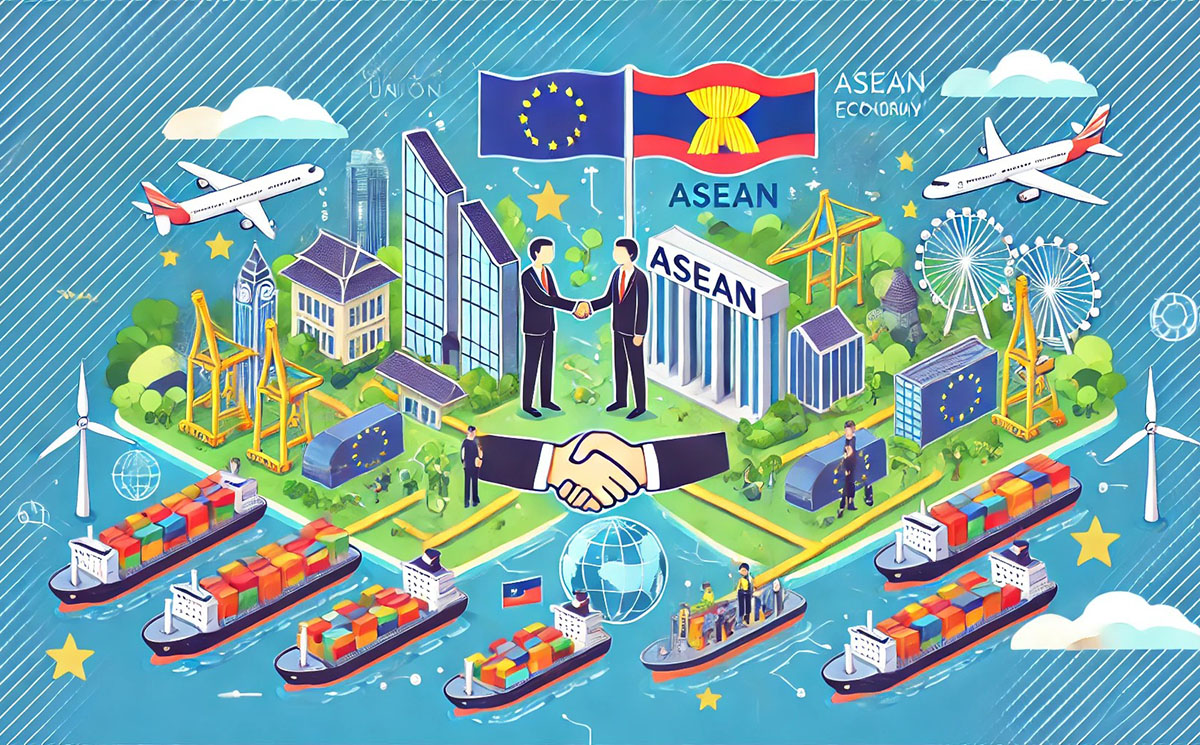
The European Union (EU) and the Association of Southeast Asian Nations (ASEAN) have long maintained a robust trade relationship, serving as pivotal economic partners on the global stage. As of 2024, the EU stands as ASEAN’s third-largest trading partner, while ASEAN ranks as the EU’s fifth-largest partner. This interdependence fosters mutual economic growth and geopolitical Read more
-
Analysis of the Asian Economic Integration Report 2025: Harnessing the Benefits of Regional Cooperation and Integration
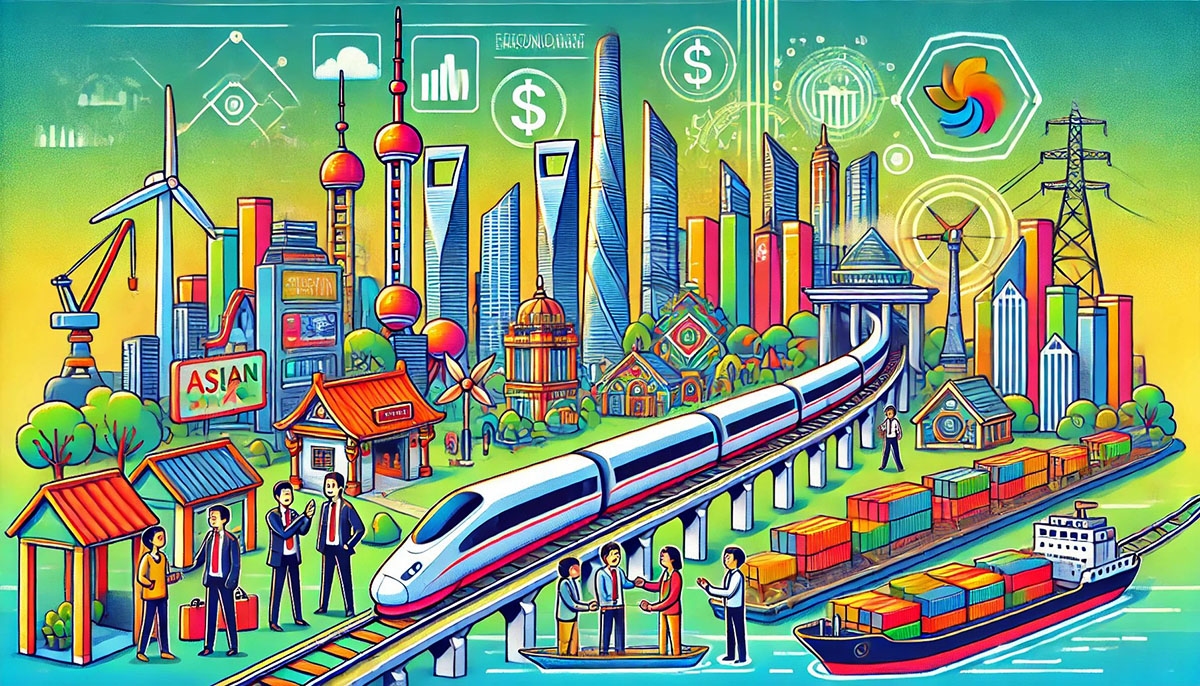
The Asian Economic Integration Report 2025 (AEIR 2025), published by the Asian Development Bank (ADB), marks the 10th anniversary of this flagship publication. The report provides a comprehensive analysis of the deepening regional integration in Asia and the Pacific over the past two decades, focusing on trade, global value chains (GVCs), investment, finance, and the Read more

